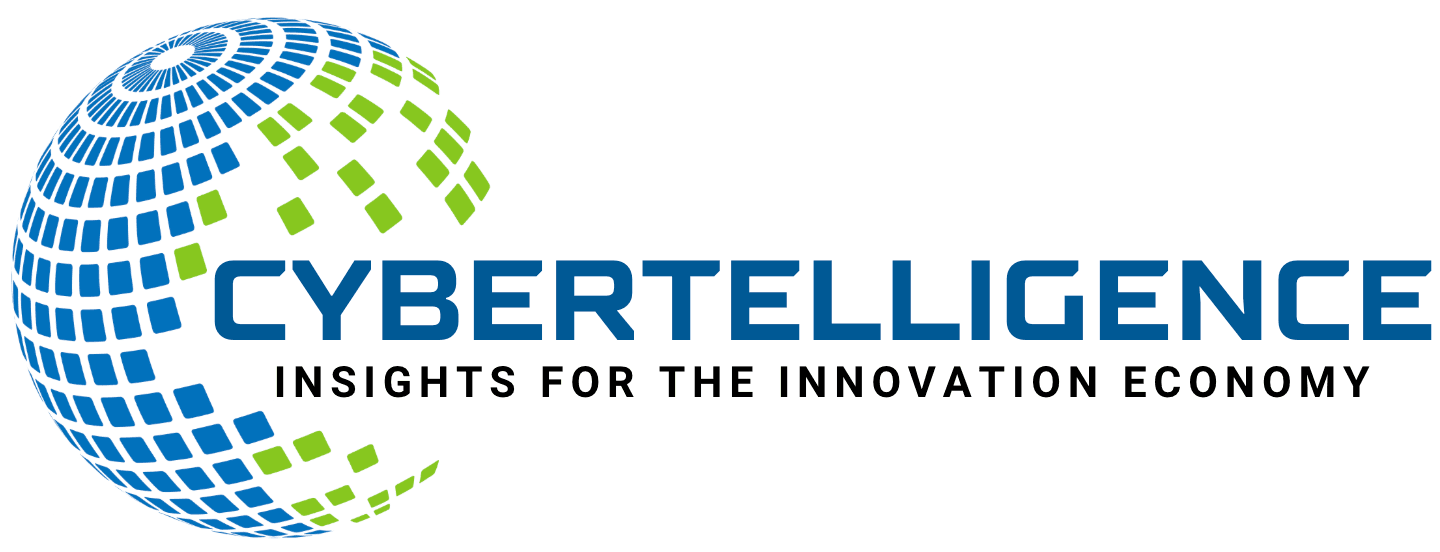Artificial Intelligence (AI) has come a long way since its inception, and its evolution has been nothing short of remarkable. From the early days of simple rule-based systems to the complex neural networks and deep learning algorithms of today, AI has made significant strides in its ability to understand and interact with humans. The evolution of AI has been driven by advancements in computing power, data availability, and algorithmic innovation. As a result, AI has become an integral part of our daily lives, powering everything from virtual assistants and recommendation systems to autonomous vehicles and medical diagnostics. With the recent advancements in AI, particularly in the field of natural language processing, we are witnessing the emergence of more sophisticated AI models such as ChatGPT 5 and Anthropic Claude 4, which have the potential to revolutionize the way we interact with machines and each other.
Understanding ChatGPT 5
ChatGPT 5 is the latest iteration of OpenAI’s Generative Pre-trained Transformer (GPT) series, which has been at the forefront of natural language processing research. ChatGPT 5 is a language model that is trained on a diverse range of internet text, allowing it to generate human-like responses to text inputs. What sets ChatGPT 5 apart from its predecessors is its improved ability to understand and generate contextually relevant responses, making it more adept at engaging in natural and coherent conversations. This is achieved through a combination of larger training datasets, more powerful neural network architectures, and advanced training techniques. ChatGPT 5 has demonstrated impressive capabilities in tasks such as language translation, text summarization, and dialogue generation, making it a versatile tool for a wide range of applications.
Exploring Anthropic Claude 4
Anthropic Claude 4 is another cutting-edge AI model that has garnered attention for its remarkable language generation capabilities. Developed by Anthropic, a research organization focused on building advanced AI systems, Anthropic Claude 4 is designed to exhibit human-like understanding and reasoning abilities. Unlike traditional language models that rely solely on statistical patterns in data, Anthropic Claude 4 incorporates symbolic reasoning and common-sense knowledge to generate more coherent and contextually relevant responses. This hybrid approach allows Anthropic Claude 4 to excel in tasks that require deeper understanding of language and context, such as answering complex questions, generating creative content, and engaging in meaningful conversations. The development of Anthropic Claude 4 represents a significant leap forward in the field of AI, as it brings us closer to creating AI systems that can truly understand and communicate with humans in a natural and meaningful way.
Applications of ChatGPT 5 and Anthropic Claude 4
The advancements in AI models such as ChatGPT 5 and Anthropic Claude 4 have opened up a wide range of applications across various industries. In the field of customer service, these models can be used to create more efficient and personalized chatbots that can handle customer inquiries and support requests with greater accuracy and empathy. In education, these AI models can be leveraged to develop intelligent tutoring systems that can provide personalized learning experiences for students based on their individual needs and learning styles. In healthcare, these models can assist medical professionals in diagnosing diseases, analyzing medical images, and providing personalized treatment recommendations. Additionally, in creative industries such as writing and content creation, these AI models can be used to generate high-quality and engaging content at scale, freeing up human creators to focus on more strategic and creative tasks.
Ethical Considerations in AI Evolution
As AI continues to evolve and become more integrated into our daily lives, it is crucial to consider the ethical implications of its advancements. The use of AI models such as ChatGPT 5 and Anthropic Claude 4 raises concerns about privacy, bias, and accountability. These models have the potential to influence public opinion, shape cultural narratives, and impact individual decision-making, raising questions about the ethical responsibility of their creators and users. Additionally, the use of AI in sensitive domains such as healthcare and law enforcement raises concerns about fairness, transparency, and the potential for unintended consequences. It is imperative for stakeholders in the AI ecosystem to prioritize ethical considerations and ensure that AI technologies are developed and deployed in a responsible and ethical manner.
Future Implications of ChatGPT 5 and Anthropic Claude 4
The advancements in AI models such as ChatGPT 5 and Anthropic Claude 4 have far-reaching implications for the future of human-machine interaction. These models have the potential to revolutionize the way we communicate, learn, work, and create. As these models continue to improve in their language generation capabilities, we can expect to see more seamless and natural interactions between humans and machines. This could lead to the development of more sophisticated virtual assistants, intelligent tutoring systems, and creative collaboration tools that can enhance human productivity and creativity. Additionally, the advancements in AI models could lead to new opportunities for personalized healthcare, more efficient customer service experiences, and innovative approaches to content creation and entertainment.
The Impact of AI Evolution
The evolution of AI, particularly in the field of natural language processing, has brought us closer to creating AI systems that can understand and communicate with humans in a more natural and meaningful way. Models such as ChatGPT 5 and Anthropic Claude 4 represent significant advancements in this direction, offering new possibilities for human-machine interaction across various domains. However, as we embrace these advancements, it is crucial to consider the ethical implications of AI evolution and ensure that these technologies are developed and deployed responsibly. By prioritizing ethical considerations and leveraging the potential of AI models for positive impact, we can harness the power of AI to enhance human capabilities and improve our quality of life. As we continue to witness the evolution of AI, it is important to approach these advancements with a thoughtful and ethical mindset, ensuring that they serve as tools for human empowerment and progress.




